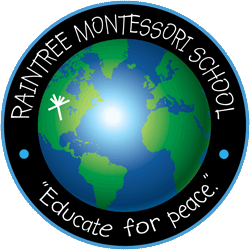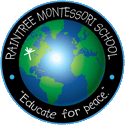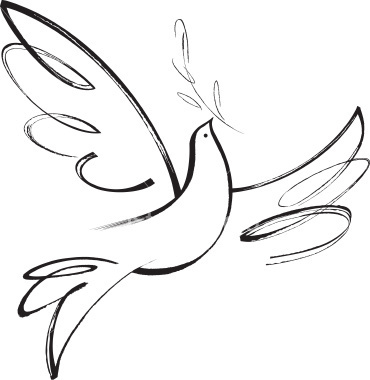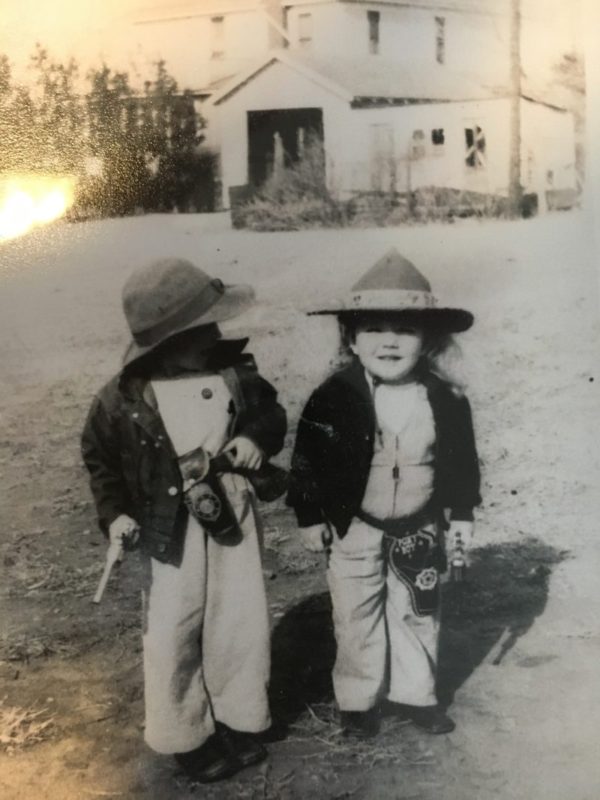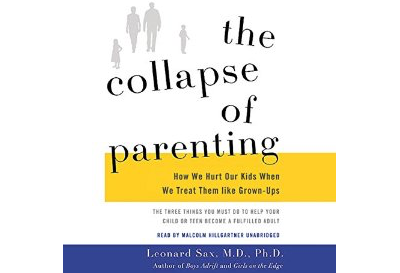Let me start this with a true confession. I have worked in a Montessori school for more than 25 years, was a Montessori student myself, but really have not spent much time reflecting on the notion of education and peace.
But recent events and the opportunity to speak to the Grandparents of our students changed that.
As we drift into the season of giving thanks, it is clear that we have so much to be thankful for here in America. Such great abundance. We live in a country with bountiful resources and magnificent, beautiful diversity. We have a country that was created with enormous genius and insight for the future.
A country with a deep and seminal commitment to and reverence for freedom as the only means by which what is noble in humanity can emerge.
But we are and have always been focused on that freedom with regard to the adult. The adult shall have freedom to vote, freedom of speech, freedom of worship, freedom of the press, freedom to protest and to assemble.
But Maria Montessori saw with great clarity the enormous potential of freedom not in the manifestation of the adult but rather in that of the child.
This is precisely why her classrooms look so different. Why they have mixed ages, as in real life. Why they allow students the freedom to make good and bad choices, as in real life. Why there are limited materials (resources), as in real life. And why she saw the work of the teacher not only to pass on a body of knowledge accumulated over thousands of years. But more importantly to create a miniature society in which she would both guide and follow her students to what is good and what is just.
A miniature society in which the children could play out their roles. Could experiment with what happens when they conduct themselves selfishly or generously, explore what happens when they show impatience or tolerance, live the outcomes when they demonstrate meanness of spirit or empathy. She knew that this was this was the true responsibility of education.
Montessori understood the child as the sole transmitter of culture. The universal transmitter
of culture, regardless of the culture in which he was born.
Shortly after WWII Montessori communicated in letters and lectures:
Childhood has shown me that all humanity is one. All children talk more or less at the same age, no matter what their race or their families are; they walk, lose their teeth and all those things at certain fixed periods of their life. Also in other aspects, especially in the psychological field, they are just as similar, just as susceptible.
Children are the constructors of men whom they build, taking from the environment such things as language, religion, customs and the peculiarities not only of the race, not only of the nation, but even of the particular special district in which they develop. No child is a Bolshevist or a Fascist or a Democrat; they all become what circumstances of the environment turn them in to. Man must be cultivated from the beginning of life, when the great powers of nature are at work.
Childhood constructs with what it finds. If the material is poor, the construction is also poor…In order to build himself he has to take, by chance, whatever he finds in the environment. The child is the Forgotten Citizen.
And yet, if Statesmen and Educationists once came to realize the terrific force that there is in childhood for good or for evil, I feel that they would give this priority above everything else.
So why write about this today, as we look ahead to celebration and gratitude?
I think that as in Montessori’s time of great social unrest and international upheaval and violence, so it is that we are still facing these same challenges.
What has really changed? Bombing in Beiruit, the downing of a plane of innocents in Egypt, civil war in Syria, the massacre of citizens in Paris.
Why have we not made further progress? Montessori believed that our only hope for true revolution, for elevation of the human condition, lie in the child, and only the child.
The adult is formed, a virtual living statue paralyzed by non-negotiables. But the child? Not so.
Montessori said:
Establishing lasting peace is the real work of education; all politics can do is keep us out of war.
To rephrase this: Establishing lasting peace is the real work of the child, all adults can do is keep us out of war.
So as we spend our time with our children during these months of family and celebration let us remember that this time is precious indeed. It is full of promise. But a promise that can only be realized by the material that surrounds it. If the material is poor; the construction will be poor.
Let us not waste time with our children on the trivial. Share with them your best selves, your highest ideals, your most fervent hopes, your most optimistic vision.
Because children are our only real hope for the vision being realized. I think that we all know this truth viscerally. It is deep within us all. It is primordial and subconscious knowledge.
We have a family in our school from France. A lovely family. And on the day of the attack in Paris, I thought often of them.
Did they lose someone dear to them? How were they suffering the destruction in their homeland? We all know too well how it feels to see your country damaged and your your countrymen struck down.
And so I wrote them a short note, expressing my sadness and despair and asking them how this action could possibly seem right to any man. And this is what the father, wrote back:
Terrible indeed, there are no words.
Maybe the best way to fight this horror is with that: our daughter Margot was born on November 12th.
His message touched that visceral truth, that subconscious knowledge. And I felt relief in that moment: While men were sewing the seeds of terror and destruction on one side of the earth, on the other, a family was sewing the seeds of hope. The child. Hope for the future of all of us.
We indeed have much to be thankful for.
Wendy Calise is the Head of School at Countryside Montessori School in Northbrook, IL, an international presenter, a school consultant, and Founder/Director of the Montessori Teachers Institute for Professional Studies. She is also a dear friend and colleague.
